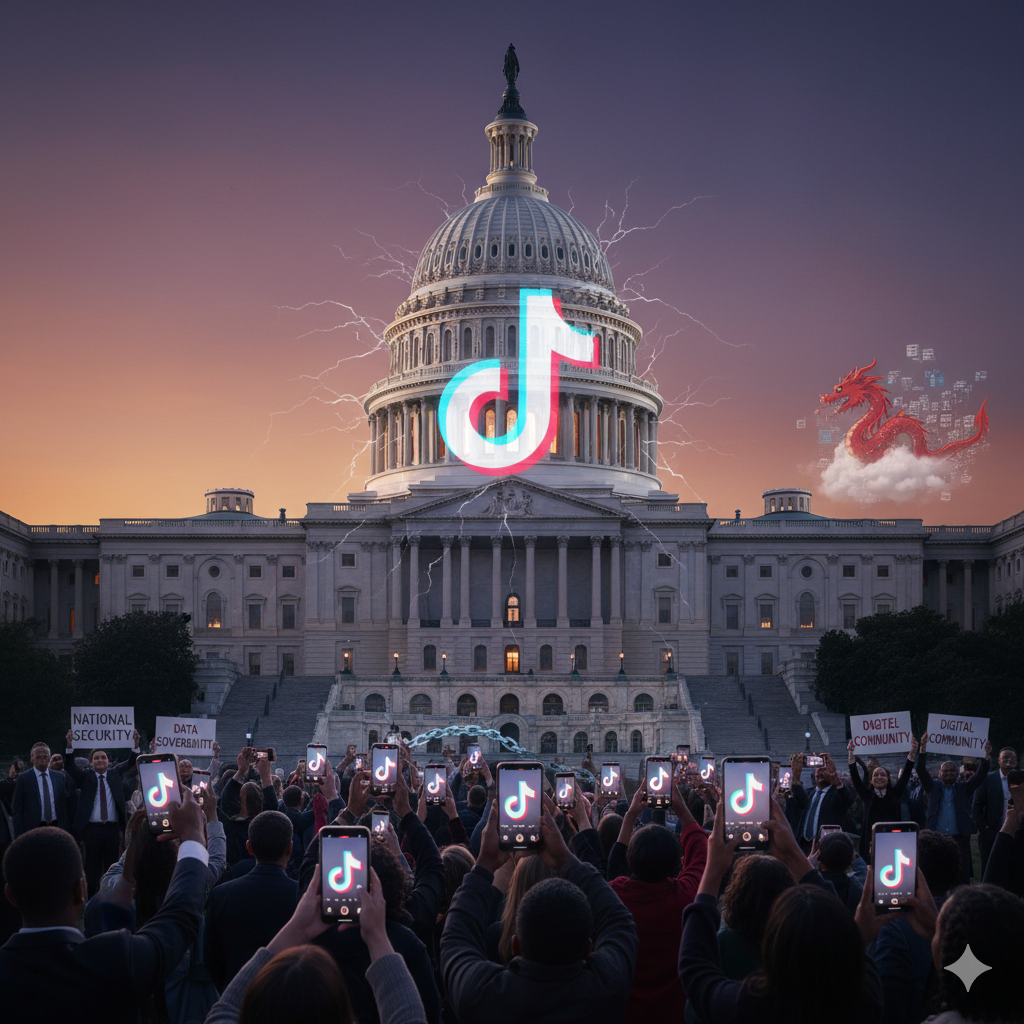It is a curious theoretical exercise to consider the choice between a place like Bend and one like Boise, not merely as a preference for a city, but as a vote for a divergent future. One looks at Boise’s enthusiastic embrace of the Bitcoin ecosystem and sees a strange paradox. Here is a political culture deeply rooted in ideals of American sovereignty and independence, yet it champions an industry whose very existence relies on a constant supply of specialized hardware forged in China. This creates a profound strategic vulnerability, a dependency that, from a certain critical perspective, borders on the treasonous. It makes one ponder the long-term political calculus of the Republican party; is this a blind spot so vast it could lead to a monumental landslide?
In this light, Oregon’s political landscape appears as a more complex, and frankly, more reassuring ecosystem. It isn’t a monolithic bloc. You have the necessary friction of principled opposition from figures like Representative Suzanne Bonamici, a vital check against unchecked enthusiasm. Even more telling, perhaps, are those who maintain a wise and prudent silence, who refuse to be swept up in the fervor. This diversity of thought suggests a healthier, more resilient political body.
And so, the musing turns to the very lines on the map, to concepts like ‘Greater Idaho’ and the ‘State of Jefferson.’ From this perspective, the Greater Idaho movement seems less like a liberation and more like an absorption into that very system of paradoxical dependency. But Jefferson… ah, Jefferson represents a conceptual break. It is the chance to forge a new political entity, one founded not on the uncritical adoption of flawed systems, but on a healthier skepticism and a desire for true independence that is free from the digital supply chains of a global adversary.

